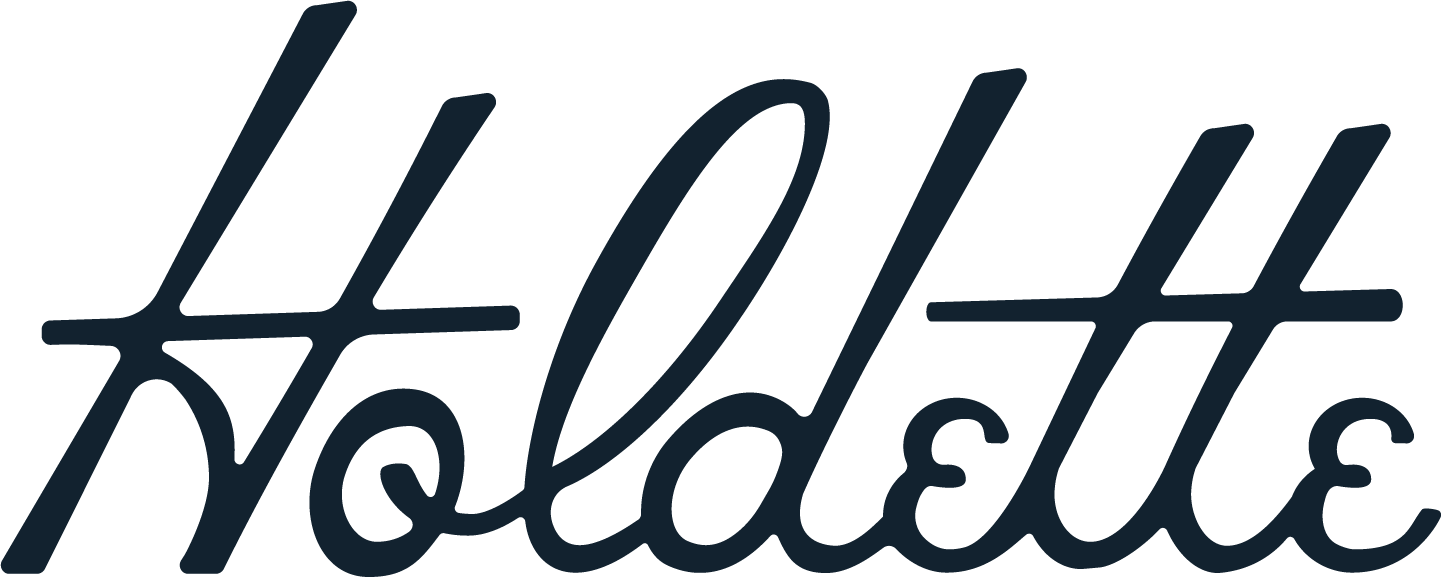WOMEN@WORK: SHENA LOHARDJO
Shena Lohardjo a recent Boston University grad and a program coordinator at MassChallenge FinTech sat down with Holdette to talk all things startup, the importance of getting involved in communities and why pockets are a daily essential for her work life.
Sign up to read this post
Join Now
